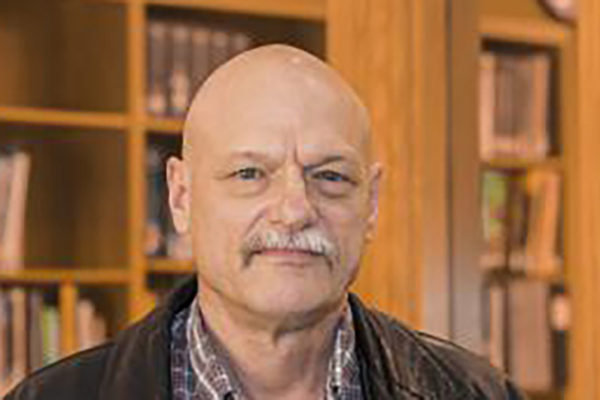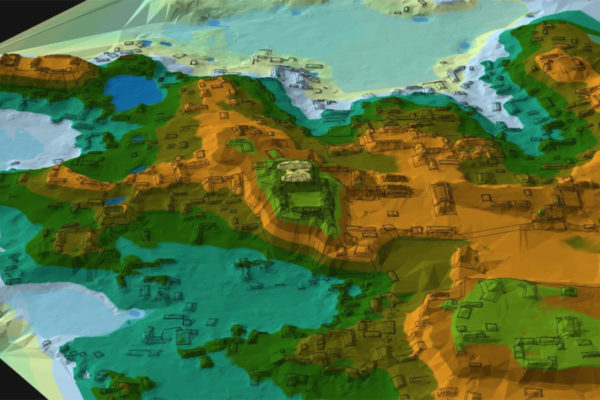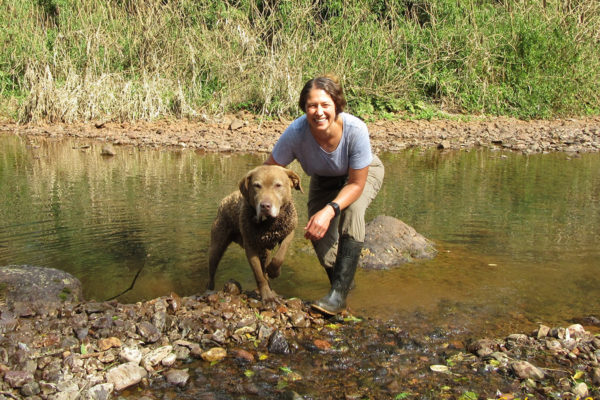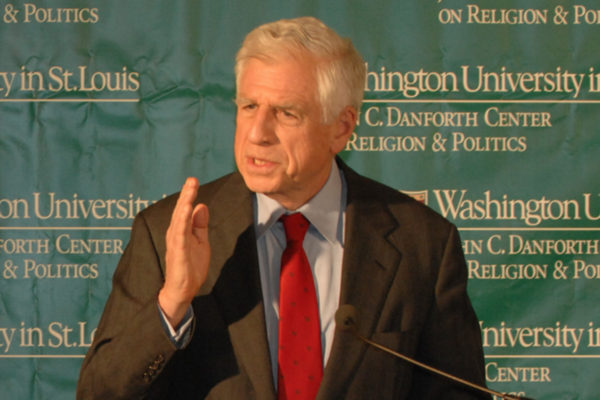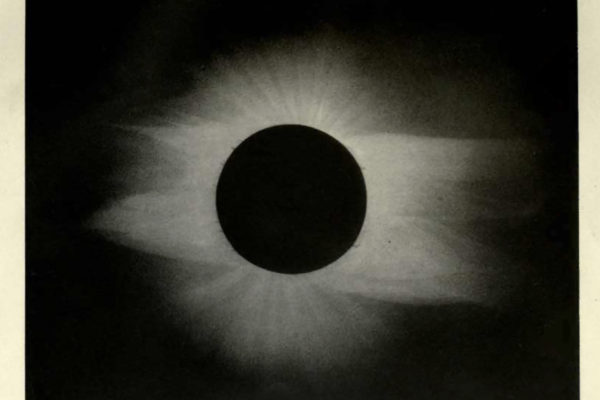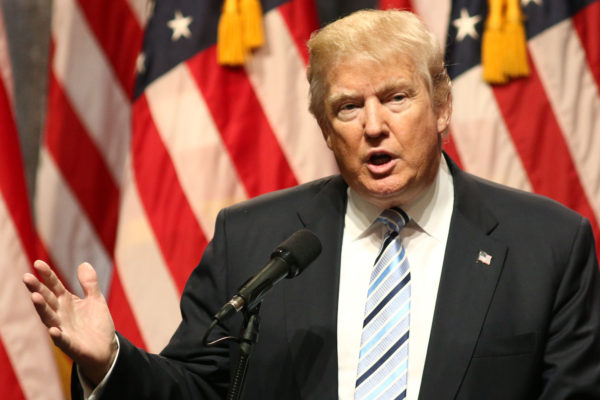Criss receives Lewis C. Green Environmental Service Award
Robert E. Criss, professor of earth and planetary sciences in Arts & Sciences at Washington University in St. Louis, has received this year’s Lewis C. Green Environmental Service Award in recognition of his long-term commitment to raising awareness of increased flooding risks and the dangers of floodplain development and inaccurate flood studies.
Tomb of early classic Maya ruler found in Guatemala
The tomb of a Maya ruler excavated this summer at the Classic Maya city of Waka in northern Guatemala is the oldest royal tomb yet to be discovered at the site, the Ministry of Culture and Sports of Guatemala has announced.
Wiens, Shore to study seismic activity on Alaskan coast
Douglas Wiens, the Robert S. Brookings Distinguished Professor in Arts & Sciences at Washington University in St. Louis, and Patrick Shore, staff scientist and lecturer in earth and planetary sciences in Arts & Sciences, will collaborate with eight other institutions on a $4.5 million National Science Foundation study of a volatile volcano and earthquake zone on the sea floor off the Alaskan Peninsula.
Research dog helps scientists save endangered carnivores
Scat-sniffing research dogs are helping scientists map out a plan to save reclusive jaguars, pumas, bush dogs and other endangered carnivores in the increasingly fragmented forests of northeastern Argentina, according to a new study from Washington University in St. Louis.
John Danforth to discuss divided nation Sept. 6
Former U.S. Sen. John C. “Jack” Danforth will discuss “Preserving a United Nation: Moving Forward Together Despite Our Differences,” from 7-8:30 p.m. Wednesday, Sept. 6, in Knight Hall’s Emerson Auditorium at Washington University in St. Louis.
Eclipse chasers and new planet tracers
Long before GPS satellites and NASA, Washington University astronomers played a central role in the scientific observation of total solar eclipses — including a search for the elusive planet Vulcan in the late 1800s.
Eclipse tidbits
1. How to watch an eclipse? Don’t look unless you have approved eyewear. Not even telescopes, binoculars, cameras or sunglasses will help. The sun in this equation can cause permanent damage or even blindness… without you even knowing that it’s happening, according to Washington University School of Medicine specialists. 2. How to make a special viewer? Without […]
Do babies know what we like?
Behind the chubby cheeks and bright eyes of babies as young as 8 months lies the smoothly whirring mind of a social statistician, logging our every move and making odds on what a person is most likely to do next, suggests new research co-led by Washington University in St. Louis.
Toddlers begin learning rules of reading, writing at very early age
Children as young as 3 already are beginning to recognize and follow important rules and patterns governing how letters in the English language fit together to make words, suggests new research from Washington University in St. Louis.
Trump budget increases regulatory costs by $3.5 billion in 2018
While President Donald Trump has pledged an all-out effort to do away with wasteful regulations, his proposed 2018 budget would increase federal spending on regulatory agencies by 3.4 percent, according to a new report issued today by the Weidenbaum Center at Washington University in St. Louis and the Regulatory Studies Center at George Washington University.
View More Stories
